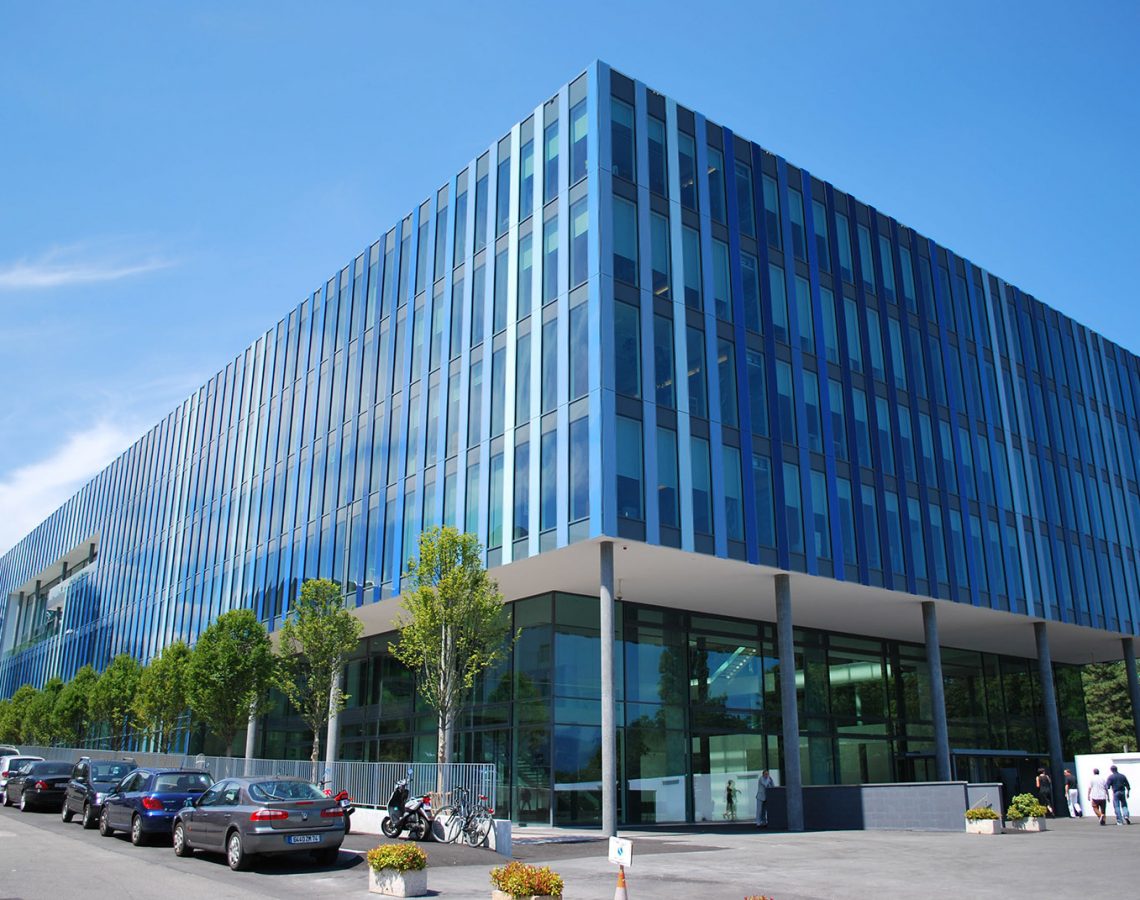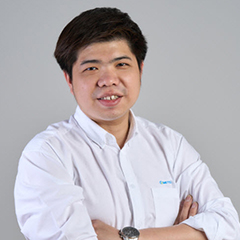Meticuly’s Intellectual Property Offers Global Access to 3D Printing Surgery According to WIPO

The World Intellectual Property Organization (WIPO) features Meticuly and its 3D printed bone replacements that fit patients.
WIPO mentions how Meticuly currently owns 18 IP assets, including six invention patents registered through the Patent Cooperation Treaty. Two invention patents have been filed under the Chulalongkorn University name and were then licensed to Meticuly, three invention patents are owned by Meticuly, and one is jointly owned by Meticuly and the university. Meticuly also has twelve trade secrets on control parameters for printing.
The organization notices how Meticuly aims at replicating the structure of the bones. Titanium is a strong and hard metal, which is much denser than natural bones. Were the implants very thick and solid, they would be too strong and heavy. The perforated patented pattern designed by Meticuly, is strong but yet very light and imitates the property of bones. It also allows X-rays after surgery.

For WIPO’s case study, the organization quotes Meticuly’s Dr. Chedtha Puncreobutr about the origins of the company – how he and Dr. Boonrat Lohwongwatana found passion to find ways to use technology to help people and settled on medical devices and in particular bone replacement.
“We can basically create any shape using this technology”, Chedtha said, “Our technology is scalable, and we can help many people at the same time.”
However, the pursuit for affordable and personalized healthcare does not come without its challenges. “The challenges we met came from two directions”, said Chedtha, the first of which was introducing the technology to surgeons, and in particular the production time frame. The technology had to be safe and available in a short period to be useful for them.
The second challenge came from the commercialization of implants. “3D-printed bone implants are a new technology and we had to work hand-in-hand with surgeons and entice them to change the way they work, win their trust. It was not easy for researchers like us.”
The case study explained that to win surgeons’ trust Meticuly went for certifications, starting with the Thailand Food and Drug Administration (TH-FDA) certification. They then applied for the highest ISO standard for medical device manufacturing: ISO 13485, a global certification awarded in 2018. The company recently received an US FDA 510(k) clearance, the United States FDA certification, for 3D-printed Patient-specific Cranial Mesh and Craniofacial Mesh.
In the next five years, Chedhta and Boonrat would like to help many more people, not only in Thailand. “We would like this technology to be accessible to everyone, in many more countries. We would also like to see this technology as a standard for personalized treatment.” Meticuly is currently focused on the Asian market but would like to move forward to the European Union and the U.S.
Read the full case study on the World Intellectual Property Organization website.
Source: WIPO
AI + 3D-printing technology = artificial bones
Watch how it works⬇️ pic.twitter.com/tBSsFN05qg
— World Intellectual Property Organization (WIPO) (@WIPO) March 28, 2022
